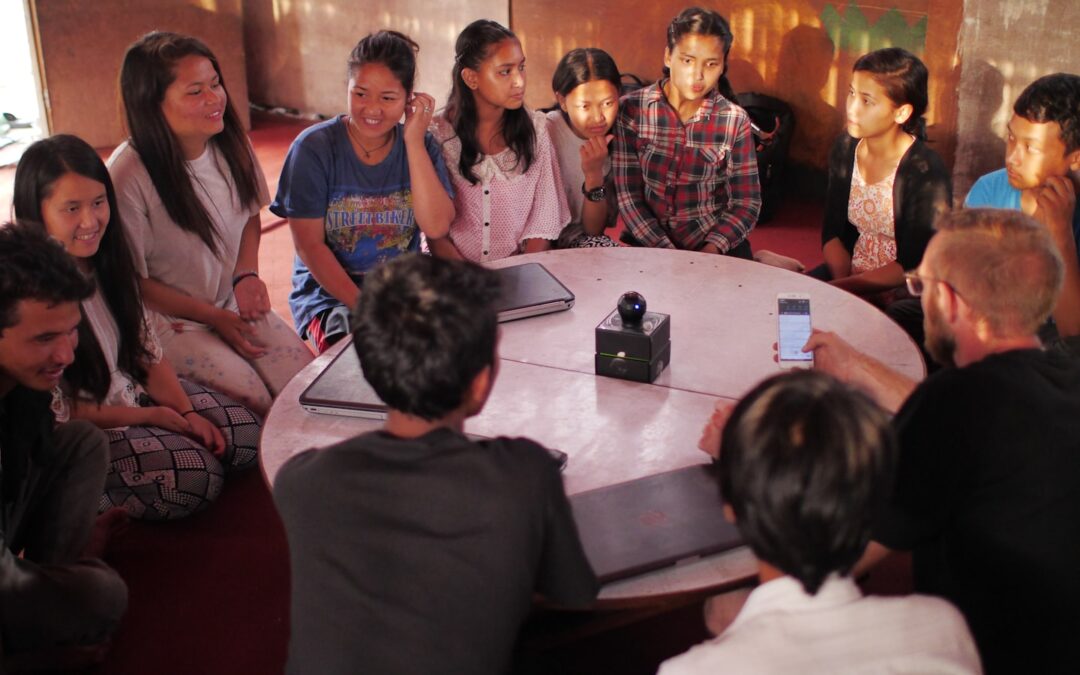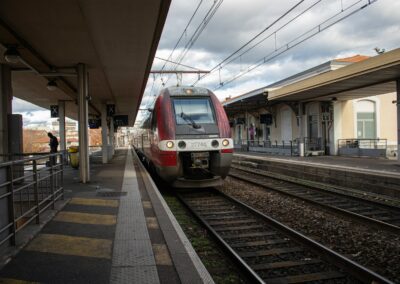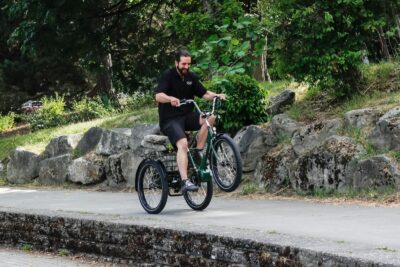Integrating Community Participation for Sustainable Urban Development
Enhancing Social Sustainability through Community Engagement
Community engagement in urban design is a crucial element in promoting social sustainability and inclusivity, particularly in rapidly developing cities such as Riyadh and Dubai. By actively involving community members in the planning and development processes, urban planners can create environments that better meet the needs and aspirations of their residents. This inclusive approach not only fosters a sense of ownership and belonging but also ensures that urban spaces are designed to be equitable and accessible for all.
In Saudi Arabia, initiatives like the Vision 2030 have emphasized the importance of community involvement in urban development. By engaging residents in discussions and decision-making processes, planners can gather valuable insights into the specific needs and preferences of different communities. This participatory approach helps identify and address potential issues early in the planning stages, leading to more resilient and adaptable urban designs. For instance, involving residents in the design of public spaces ensures that these areas are functional, safe, and enjoyable for everyone, thereby enhancing social sustainability.
Similarly, Dubai’s strategic urban planning initiatives prioritize community engagement to foster social cohesion and inclusivity. The Dubai 2040 Urban Master Plan, for instance, aims to create a more inclusive and sustainable urban environment by involving residents in the planning process. This approach helps to build trust and collaboration between public authorities and community members, leading to more effective and sustainable urban solutions. By incorporating community feedback, planners can ensure that urban developments reflect the diverse needs and aspirations of Dubai’s multicultural population.
Leveraging Technology for Inclusive Urban Design
AI can be used to analyze large volumes of data from community feedback, identifying common themes and concerns that need to be addressed. In Riyadh, AI-powered platforms can facilitate more efficient and comprehensive community consultations, allowing planners to gather diverse perspectives and make data-driven decisions. This technology enables planners to quickly identify and prioritize the most pressing issues, ensuring that urban designs are responsive to the needs of all community members.
Blockchain technology offers a secure and transparent platform for managing community input and ensuring accountability in the planning process. In Dubai, blockchain can be used to create tamper-proof records of community consultations and feedback, enhancing trust and transparency. This technology ensures that community members’ voices are heard and their contributions are valued, promoting greater inclusivity in urban design. Additionally, blockchain can facilitate more efficient and equitable resource allocation, ensuring that urban developments benefit all residents.
The Metaverse, a virtual environment that simulates real-world scenarios, provides an innovative platform for engaging community members in urban design. By creating virtual models of proposed developments, planners can invite residents to explore and provide feedback on different design options. In cities like Riyadh and Dubai, the Metaverse enables planners to visualize the impact of new projects on the urban landscape, ensuring that community feedback is incorporated into the final designs. This immersive approach promotes greater community involvement and ensures that urban spaces are designed to meet the needs of all residents.
Leadership and Project Management in Community-Centric Urban Design
Effective leadership and project management are essential for successfully integrating Community Engagement in Urban Design. Business executives, mid-level managers, and entrepreneurs in Saudi Arabia and the UAE must be equipped with the skills to manage complex urban projects and drive community-centric initiatives. Executive coaching services and management consulting can play a crucial role in developing these skills, ensuring that leaders are prepared to navigate the challenges of inclusive urban development.
Leadership in community-centric urban design involves fostering a culture of collaboration and inclusivity. Managers must be proactive in engaging with community members and ensuring that their voices are heard throughout the planning process. In cities like Riyadh and Dubai, where urban development is rapidly evolving, this kind of leadership is critical for achieving sustainable and inclusive urban growth. Effective communication is key, as it ensures that all stakeholders understand the goals and are committed to achieving them.
Project management also requires a strategic approach to integrating community engagement into urban design. This involves setting clear objectives, managing resources efficiently, and continuously monitoring progress to ensure that projects stay on track. In the dynamic environments of Saudi Arabia and the UAE, robust project management practices are essential for delivering high-impact community-centric urban design initiatives. By leveraging community feedback and emerging technologies, public-private partnerships can drive significant advancements in urban planning, creating cities that are resilient, inclusive, and equipped to meet the challenges of the future.
#CommunityEngagement #UrbanDesign #SocialSustainability #Inclusivity #SaudiArabia #UAE #Riyadh #Dubai #AI #Blockchain #Metaverse #Leadership #ProjectManagement























